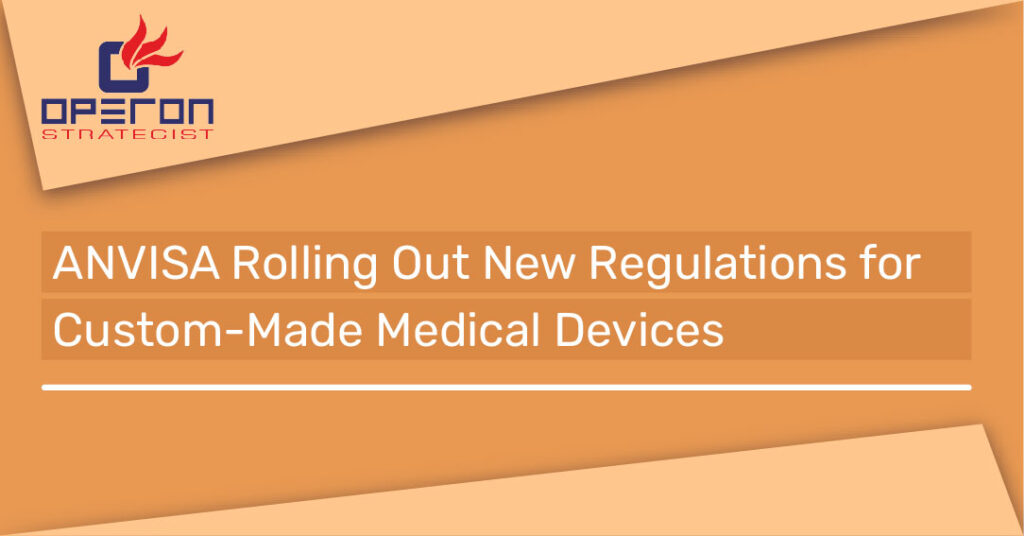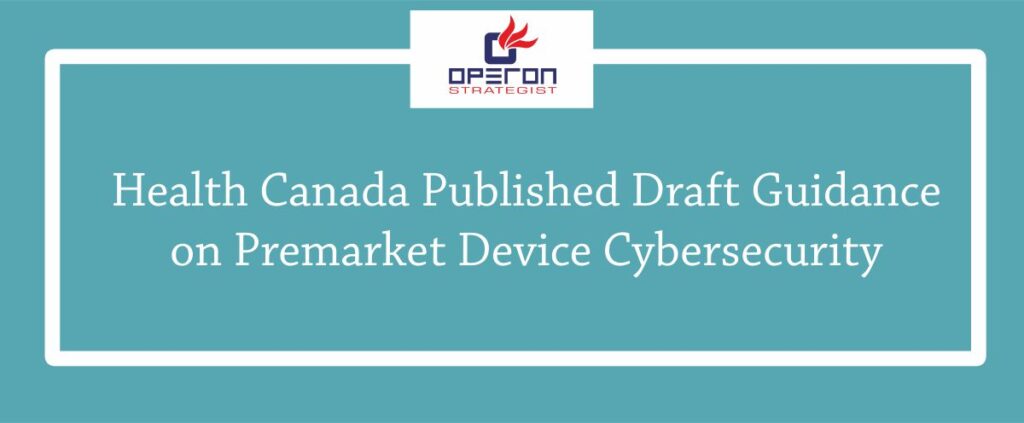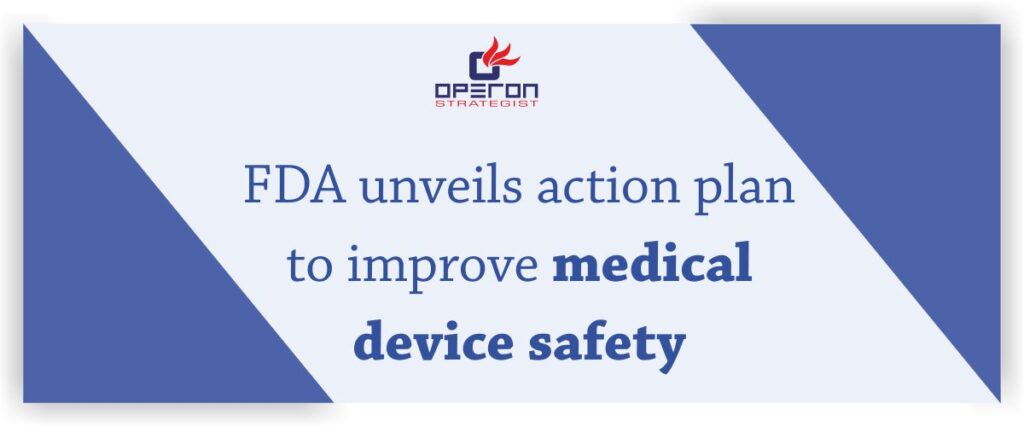The Brazilian regulatory agency is the so-called ANVISA (National Health Surveillance Agency) is responsible for the approval and supervision of food, cosmetics, tobacco, pharmaceuticals, health services, and medical devices, among others. ANVISA The agency is associated with the Ministry of Health, which manages ANVISA through a management contract signed periodically.
The role of ANVISA\’s is to promote the protection of the population\’s health by executing sanitary control of the production, marketing and use of products and services related to health regulation, containing related environments, activities, components and technologies, as well as the control in ports, airports, and borders.
ANVISA has issued a public consultation to establish new requirements pertaining to custom-made devices.
The “custom-made device” defined by The Medical Devices Directive and the Active Implantable Medical Devices Directive as any device which is specifically made in accordance with a duly qualified specialist written method which provides, under his responsibility, specific design characteristics. A custom-made device is planned for the sole use of a particular patient. Example of custom-made devices: Orthopaedic footwear, Maxillofacial Prosthesis.
The introduced public action (link in Portuguese) covers regulations for registration, importation, and manufacturing of custom-made and patient-specific devices. The new requirements would replace a current process whereby companies must submit special requests to ANVISA in order to obtain approvals for importing such products. Participants will get 60 days to remark on the consultation following its formal publication on September 5, 2018.
Components of ANVISA regulations for custom-made devices
Components of the new regulatory authority for custom-made and patient-specific devices include:
- Medical device makers and importers must be licensed by ANVISA;
- Device makers of Class III and IV devices must have valid Brazilian Good Manufacturing Practice (BGMP) certifications;
- For custom-made device importation, it should be notified 60 days prior to ANVISA.
- Medical device makers of custom-made devices must give annual reports to ANVISA describing all products imported and/or manufactured for sale in Brazil;
- All ANVISA medical device observation and safety requirements are applicable to custom-made devices, as well;
- As part of regulatory compliance, companies must provide traceability labels.
The use of custom-made devices is seen over a large area of the Brazilian market.
ANVISA’s move to set a more formalized regulatory process for custom-made and patient-specific devices reflects rapid technology development such as 3-D printing, which has led to the more widespread use of these devices in Brazil.
“Following this proposal, ANVISA will create rules to regulate manufacturing, importation and commercialization of customized medical devices already widely used for dental applications and whose use is increasing in other areas such as orthopedics,”. “the agency is promoting transparency and encouraging companies to invest in these technologies, with clear rules.”





